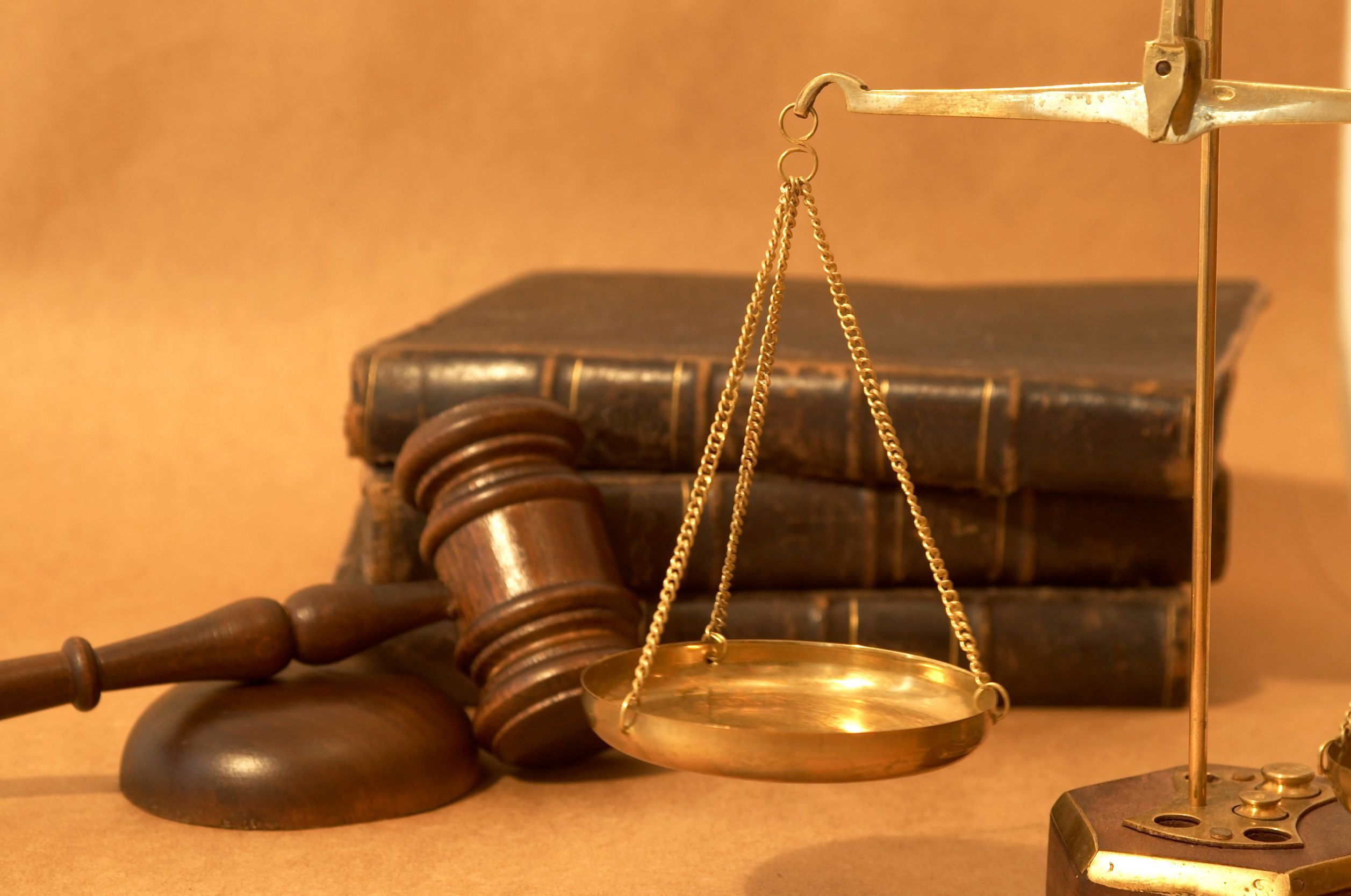An extract of a presentation by Judge Malcolm Simmons
Every defendant has a right to a fair trial. An important aspect of a fair trial is the right of the defendant to be confronted by, and to challenge, those who accuse him or her.

An Anonymity Order is therefore a draconian step and should only be issued if there are grounds to believe that the court would not otherwise hear evidence that should be available to it in the interests of justice; that other measures falling short of anonymity would not be sufficient; and that the defendant will have a fair trial if the order is made.
Anonymous witness testimony is not necessarily incompatible with the defendants’ right to a fair trial – even when it is the sole or decisive evidence against the defendant.
Whether the measures used to allow a witness to give evidence anonymously in any particular case would make the trial unfair has to be evaluated with care on the facts of each case.
The effect of a Witness Anonymity Order is to prevent the defendant from knowing the identity of a witness. Without this information the defendant’s ability to investigate and challenge the accuracy or credibility of the witness’s evidence may be limited.
When considering whether to make a Witness Anonymity Order the court will consider to what extent the defendant needs to know the identity of the witness in order to challenge the witness’s evidence effectively. This question will often be central to the question of whether, having regard to all the circumstances, the Witness Anonymity Order sought would be consistent with a fair trial.
The interests of justice include the interests of the victim or victims, the interests of the witness or witnesses, the interests of the defendant and any co-defendants and the wider public interest.

